israel-palestine conflict (hamas): latest news and updates


Title: The Israel-Palestine Conflict: Examining the Ongoing Struggle between Israel and Hamas
Introduction:
The Israel-Palestine conflict, specifically the ongoing struggle between Israel and Hamas, has been a topic of international concern for many years. This complex and deeply rooted conflict has resulted in countless lives lost, territory disputes, and political tensions. In this article, we will delve into the key issues surrounding this conflict, focusing on the role of Hamas and the impact it has had on the region.
Historical Background:
To truly understand the Israel-Palestine conflict, we must delve into its historical roots. The conflict dates back to the late 19th century, with the rise of Zionism, a movement advocating for the establishment of a Jewish homeland in the region. This led to increased Jewish immigration to Palestine, which was under British mandate at the time.
Following the end of World War II and the Holocaust, the United Nations proposed a partition plan in 1947, which aimed to divide Palestine into separate Jewish and Arab states. However, this plan was met with resistance from Arab nations and Palestinian leaders, leading to the 1948 Arab-Israeli war.
The Emergence of Hamas:
Hamas, an acronym for Harakat al-Muqawama al-Islamiyya (Islamic Resistance Movement), emerged in the late 1980s as a Palestinian political and military organization. It was formed in response to the Israeli occupation of Palestinian territories and aimed to resist Israeli control through armed struggle.
Hamas gained popularity among Palestinians due to its focus on social welfare programs and grassroots support. However, its tactics, including suicide bombings and rocket attacks targeting Israeli civilians, have drawn international condemnation.
Key Issues:
1. Territory Disputes: The core issue of the conflict revolves around territory. Both Israel and Palestine claim historical and religious rights to the land, particularly Jerusalem, which holds significance for Jews, Muslims, and Christians.
2. Security Concerns: Israel argues that its military actions in the occupied territories are necessary for national security and protection against terrorist attacks. Hamas, on the other hand, justifies its attacks as resistance against occupation and perceived aggression.
3. Humanitarian Crisis: The conflict has resulted in a humanitarian crisis, particularly in the Gaza Strip. The blockade imposed on Gaza by Israel, in an attempt to prevent arms smuggling, has severely restricted the movement of goods and people, leading to high unemployment and limited access to basic services.
International Response:
The international community has made numerous attempts to mediate the Israel-Palestine conflict, with varying degrees of success. Efforts have been made to establish a two-state solution, where Israel and Palestine exist side by side within recognized borders.
However, achieving a lasting peace agreement has proven challenging due to the deep-seated mistrust, competing narratives, and the complexities of the conflict itself.
Conclusion:
The Israel-Palestine conflict, with Hamas as a key player, continues to be a deeply entrenched and volatile issue. The struggle for land, security concerns, and the humanitarian crisis have all contributed to the ongoing tensions in the region.
Resolving this conflict requires a comprehensive and inclusive approach, involving dialogue, negotiation, and mutual recognition. Only through sustained international efforts and the willingness of all parties involved can a just and lasting solution be achieved, bringing peace and stability to both Israelis and Palestinians alike.
Tin tức xung đột Israel - Palestine (Hamas)






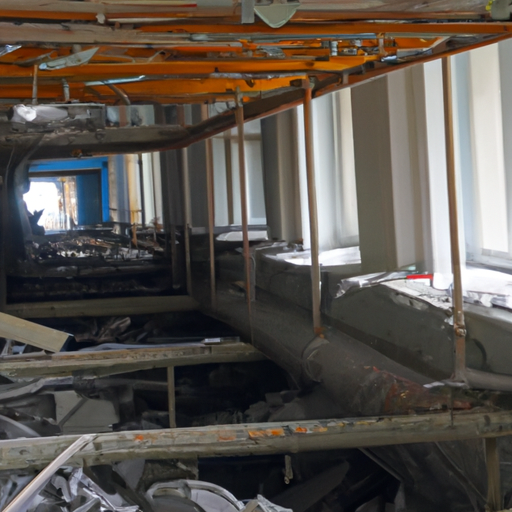

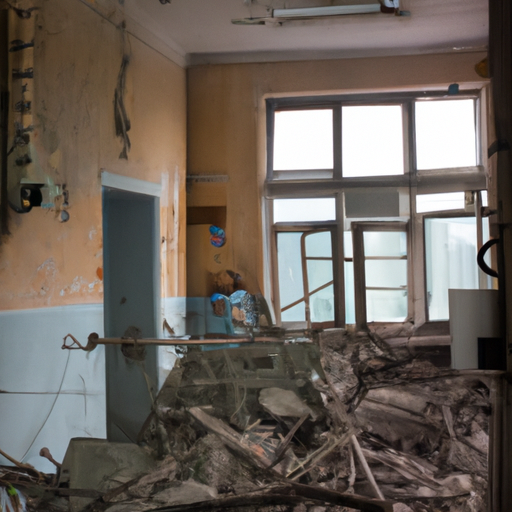
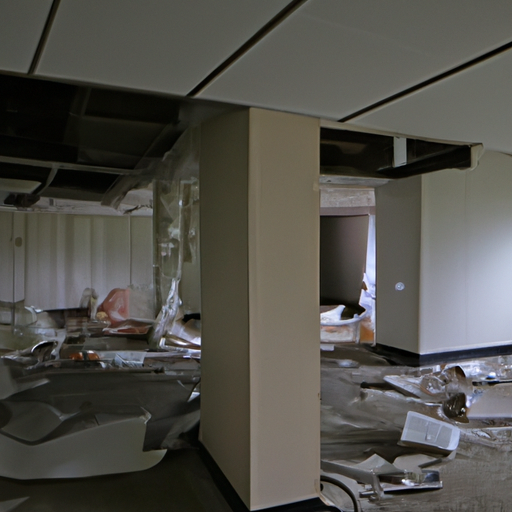
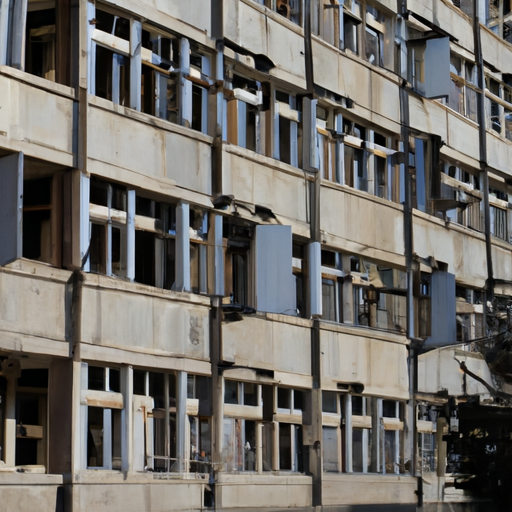
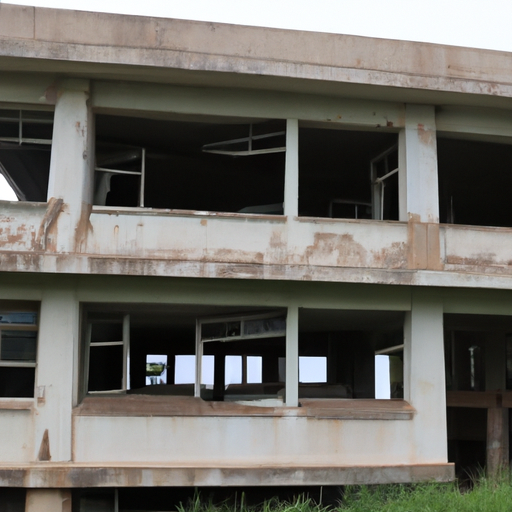
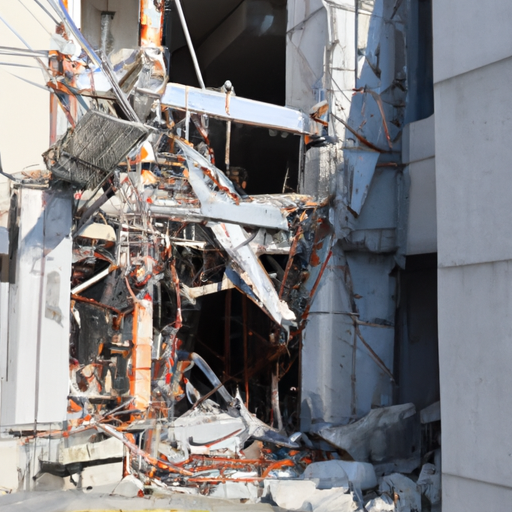









Comment